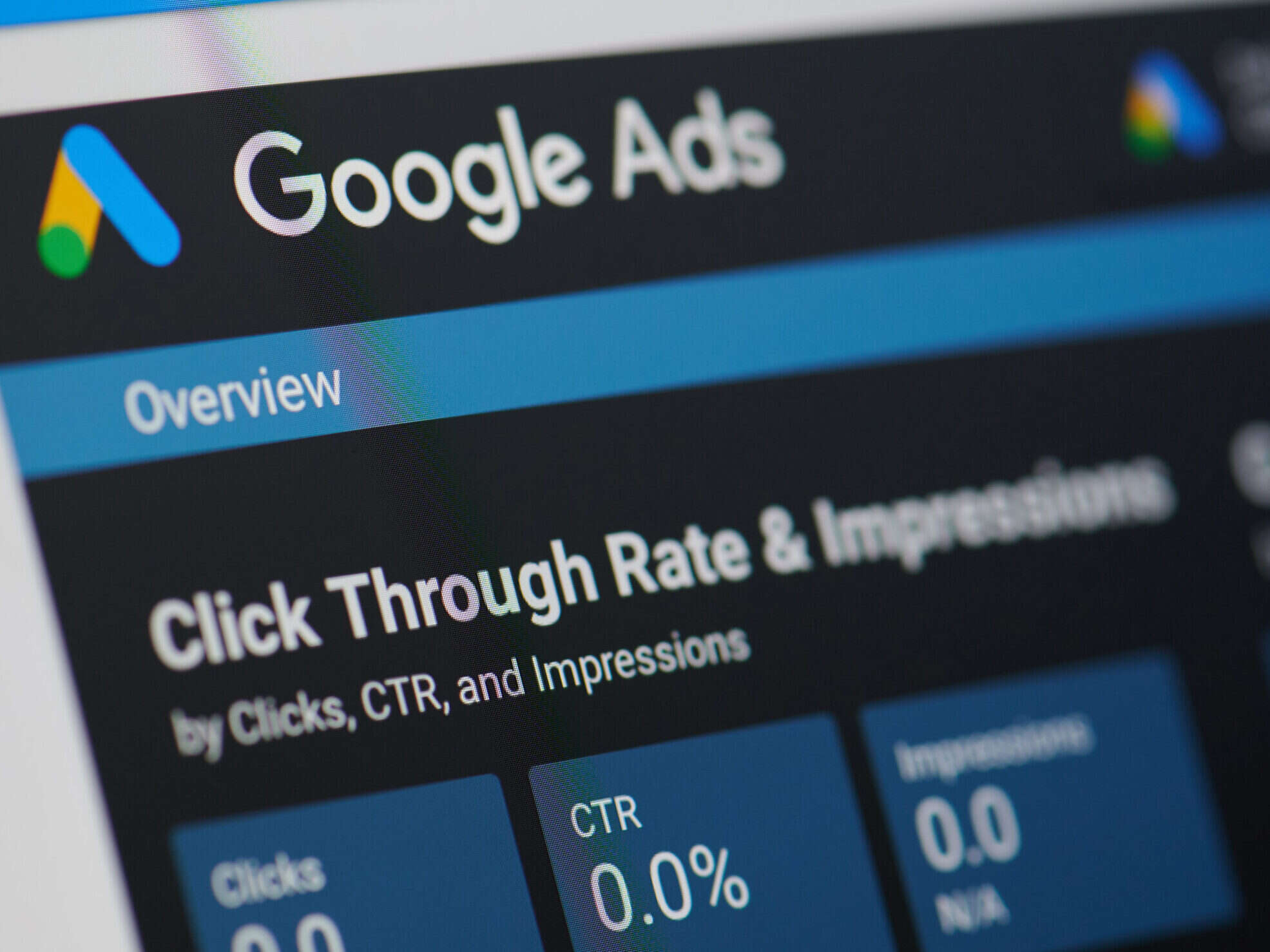
Lawyers on Wednesday filed a £13.6bn adtech lawsuit against Google on behalf of British website publishers.
An economic analysis produced for the claim, made in London’s Competition Appeal Tribunal (CAT), suggests Google’s “market abuse” could have reduced publisher advertising revenues by up to 40%.
The team behind the claim alleges that Google has used its dominance in the adtech market to “dictate terms, control pricing” and sometimes to “favour its own platforms in the process by which advertisements are selected to be published”.
The UK lawsuit is being headed by Claudio Pollack, a former director at communications regulator Ofcom. He is working with Belgium’s Geradin Partners, a specialist competition law firm, and London law firm Humphries Kerstetter.
Pollack said: “The marketplace for online advertising is sophisticated, technical and highly automated. Advertising is sold in a fraction of a second in a process which is designed to match the product being advertised with the profile of an individual visiting a website. Third party platforms operate on both sides of the marketplace matching supply with demand and – in an ideal world – ensuring the market operates efficiently and effectively. Unfortunately, it is now well established that this market has developed in a way that is primarily serving Google.”
When the team initially announced its intention to sue Google, in September, it estimated UK website publishers could be owed £7bn in compensation. The group’s upper estimate for damages, dating back to 1 January 2014, is now £13.6bn.
The lawsuit is opt-out, meaning all publishers that have been affected by Google’s alleged market abuse are included unless they withdraw themselves. Lawyers say they are bringing the claim on behalf of 130,000 businesses that publish 1.75million websites and apps in the UK.
The team believes that for publishers, putting their names on this action would be a “daunting prospect given the costs and the fact that many have little choice but to rely on the tech giant for their ongoing advertising revenue”.
The claim relies on evidence gathered by competition authority investigations in the EU, UK, US and France. The French competition authority sued Google for €220m last year, accusing the tech giant of abusing its dominant position in the advertising market.
Toby Starr, a partner at Humphries Kerstetter, said: “Google’s misconduct in this matter is well known. The French authorities have fined the firm and multiple investigations are underway across the globe.
“However, none of these regulatory actions will do anything to compensate the UK publishers of thousands of websites and mobile apps who have lost billions in advertising revenue because of Google’s actions. The only way to recoup these losses is through a competition class action.”
The UK action is being organised in conjunction with a European Union claim, which is expected to be filed in the Netherlands in early 2023.
Geradin Partners, headquartered in Brussels, is working on both cases – with Humphries Kerstetter in the UK and Stek in the Netherlands. Litigation funding business Harbour is financing the claim, which is using Charles River Associates for economic analysis of the market.
Damien Geradin, the founding partner of Geradin, said: “While the value of the claim we are bringing is substantial, we believe this matter is about much more than money. For years Google has been denying companies in the UK and Europe and beyond, including the local press and the publishers of community focused websites, the chance to earn a proper income by way of advertising. As well as bringing Google to account the parties who have lost out need proper compensation, something a CAT claim can achieve at no cost to those parties.”
A Google spokesperson said: “Google works constructively with publishers across Europe — our advertising tools, and those of our many adtech competitors, help millions of websites and apps fund their content, and enable businesses of all sizes to effectively reach new customers. These services adapt and evolve in partnership with those same publishers.”
Email pged@pressgazette.co.uk to point out mistakes, provide story tips or send in a letter for publication on our "Letters Page" blog
